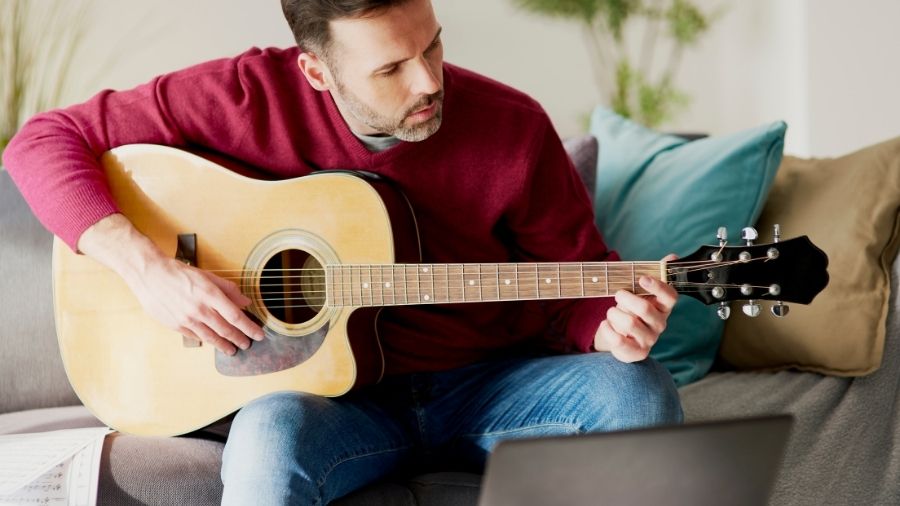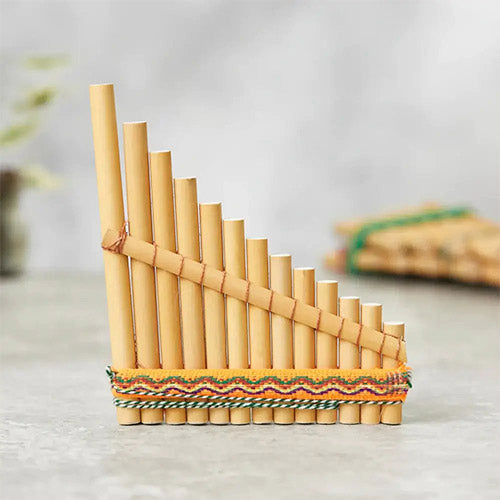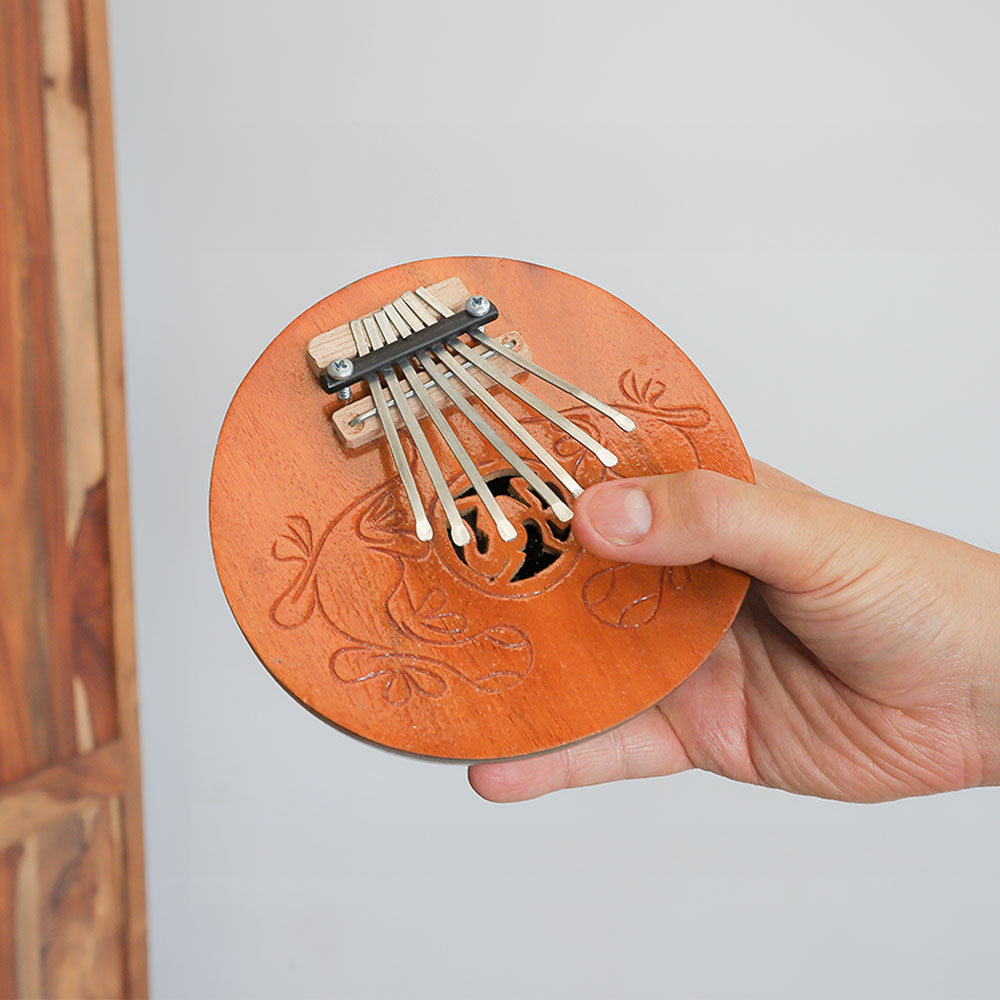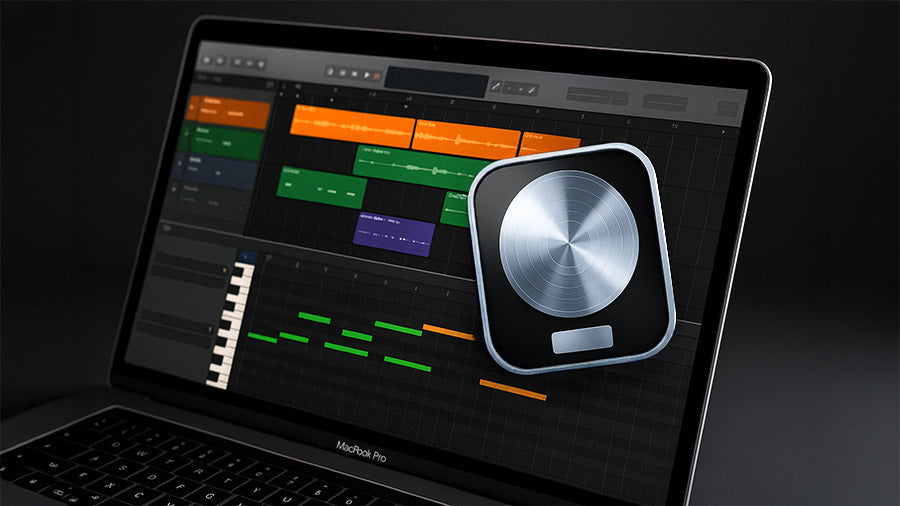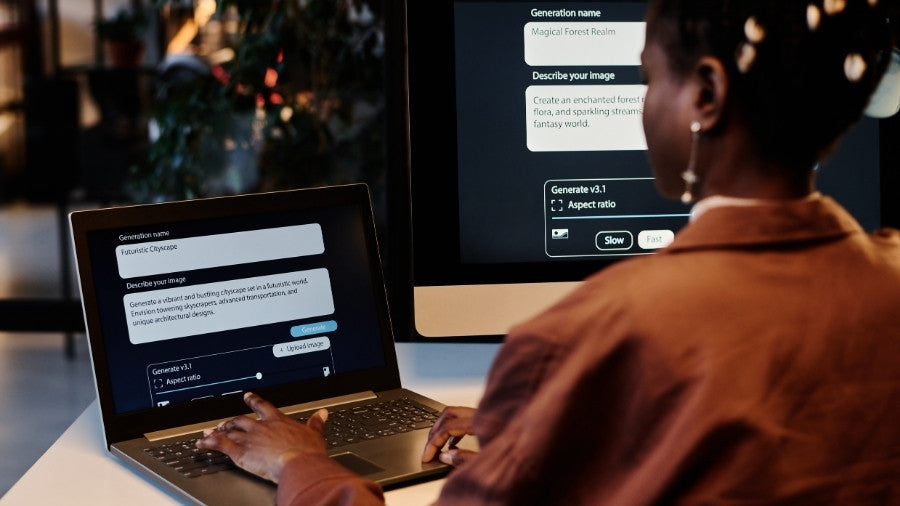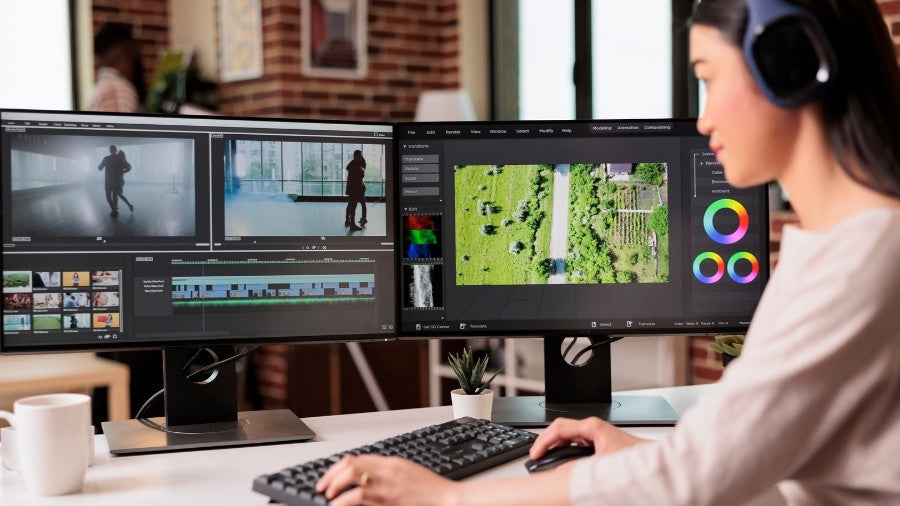Consistent daily practice is essential for developing your guitar skills, whether you're a beginner or an advanced player. It keeps you progressing through each stage and builds a strong sense of achievement along the way. Learning guitar is a rewarding journey you can take pride in. Daily practice helps you build crucial muscle memory and develop core techniques. The strategies below will guide you toward becoming a better, more confident guitarist.
Essential Techniques for Guitar Players

Understanding Different Guitar Chords and Scales
A strong understanding of chords and scales is essential for creating music on the guitar. Chords form the harmony, so you’ll need to learn common shapes—major, minor, and more—and practise switching between them smoothly to avoid a rigid sound. Scales provide the melodic foundation of your playing. Learning major, minor, pentatonic, and other patterns helps you improvise, compose, and move confidently around the fretboard. By including chord and scale practice in your daily routine, you strengthen muscle memory, deepen your understanding of the instrument, and unlock more creative expression.
Tips for Improving Finger Dexterity and Accuracy

strong finger dexterity and accuracy are key to becoming a great guitarist and avoiding injury. Strengthening your fingers helps you apply the right pressure on the strings, so include daily exercises like string crossing, finger-independence drills, and finger tapping. If a passage feels difficult, slow it down and focus on clean technique.
You should also develop alternate picking for consistent up- and downstrokes, especially when practising scales and arpeggios. A metronome will help you build solid timing, and simple strength work—like using a finger strengthener—can support overall control. Working on these fundamentals early will accelerate your progress.
Practical Warm-Up Exercises for Guitarists
Whether you're performing or practising, it is essential to warm up. Finger stretches should allow for flexibility in your fingers, ensuring you can comfortably play the chords. Then practice minor and major scales. Incorporating arpeggio exercises can improve rhythm. At the start of your practice, spend about 15 minutes doing the warm-up exercises.
Common Mistakes to Avoid While Practicing Guitar

Avoiding common mistakes is essential for steady guitar progress. Missing practice is the biggest setback, as it slows muscle memory and makes chords harder to recall. Rushing exercises also prevents you from fully learning them, and poor posture can lead to injuries, especially if you plan to perform. Stay focused, warm up properly to avoid finger strain, and record your practice sessions so you can spot areas to improve. Following these basics will help you get the most from your practice time and develop your skills more consistently.
Music Theory and Playing Different Styles
Music theory helps you create better-sounding music and understand how notes, chords, and scales work together. Once you grasp chords, keys, and modes, you can develop your own style and strengthen your connection to the guitar. As you improve, introduce concepts like voice leading and chord substitutions, and blend theory into your practice through exercises or song analysis. Exploring genres such as blues, rock, jazz, and classical expands your skills, teaches new rhythms and techniques, and keeps you motivated. Different styles and effects add variety to your sessions and open the door to new creative ideas.
Using Technology to Enhance Your Guitar Playing
Modern tools can speed up your progress. Metronomes and drum machines improve timing, tuning apps make maintenance easy, and recording yourself helps track growth. Backing-track and looping apps also build creativity and technique. Consistently using these tools helps you learn faster and play with more confidence. If you want a structured system that brings all of this together, the guide below covers it step by step.
The Only Guitar Guide You'll Ever Need
Most players fail because they don’t follow a clear system, this guide gives you one. Learn to play the Guitar with The Complete Guitar Player eBook — a 64 page, all-in-one guide by Ryan Bomzer. Learn tuning, posture, chords, scales, and rhythm with clear step-by-step lessons and 15 playable songs.

